This is the fifth volume in this series on quantitative coronary arteriography (QCA) published over the last nine years. Research and applications in this exciting, field are covered in a total of 26 chapters by world renowned experts. This book is subdivided into a total of 6 parts, each emphasizing the latest progress in these respective fields. In Part One a comprehensive overview is given of the current knowledge and research in endothelial function, which is of eminent importance for the further understanding of the pathophysiology of coronary artery disease in patients. Fortunately, the use of QCA tools is not limited anymore to leading research institutes; over the last several years these tools have been installed in many cardiology centers world wide. To understand the current possibili? ties, limitations and future expectations of QCA, several relevant topics are presented in Part Two. First of all, the questions about why and how QCA systems should be validated both at the development site and at the appli? cation sites, and whether data from different vendors and core laboratories can be pooled, are discussed. As the X-ray cardiovascular world steadily moves into the digital imaging era, differences and similarities between the conventional cinefilm and the modern digital approaches are presented. Cur? rently. the widespread use of digital imaging is still hindered by the lack of proper archival and exchange media. Requirements and possible solutions for this problem are handled in this section as well.
Medicine
[PDF] Progress in quantitative coronary arteriography Thomas F. L?scher (auth.), Johan H. C. Reiber, Patrick W. Serruys (eds.)
$9.99

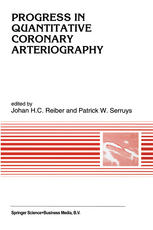
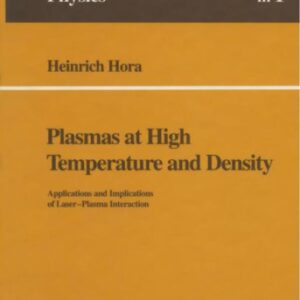
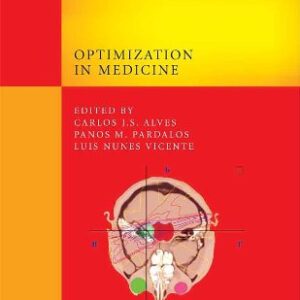
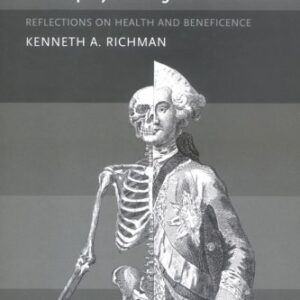
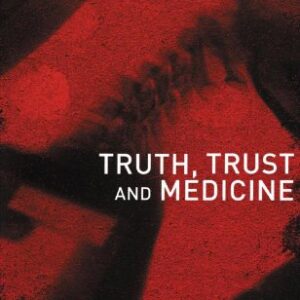
Reviews
There are no reviews yet.